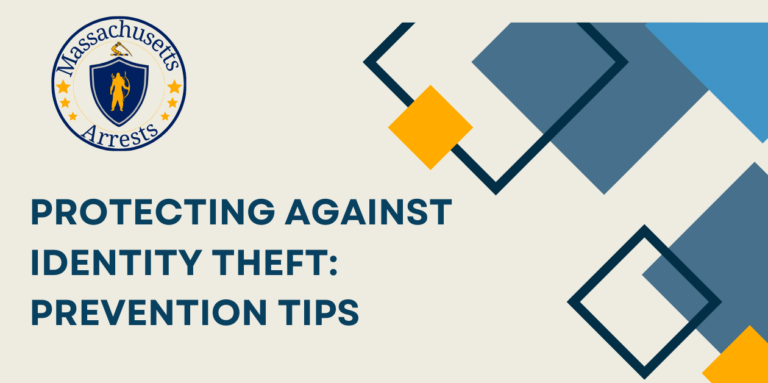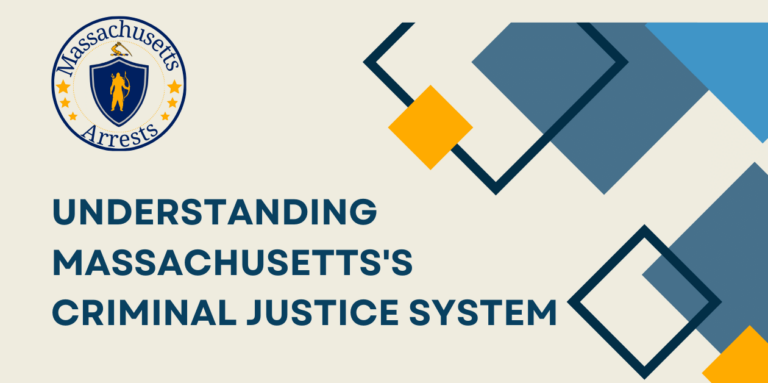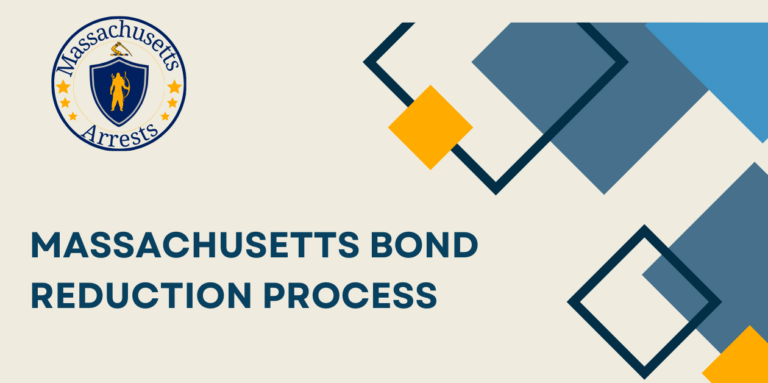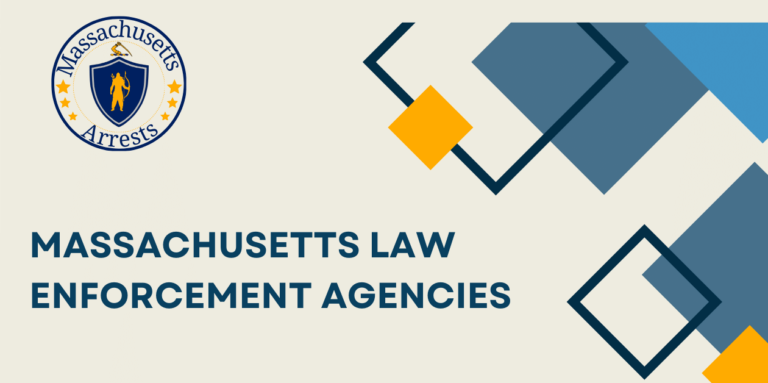Massachusetts Private and Charter Schools
In the Commonwealth of Massachusetts, education is highly valued, reflected in its robust public school system and flourishing private and charter school sector. Private schools operate independently, often funded through tuition fees and donations, while charter schools are publicly funded but operate autonomously, free from many regulations governing traditional public schools.
Benefits of Private and Charter Schools
One of the primary advantages of private and charter schools is their ability to provide personalized attention to students due to their smaller class sizes. This fosters a conducive learning environment where teachers can cater to individual needs and learning styles. Additionally, these schools often offer specialized curricula, focusing on specific areas such as STEM (Science, Technology, Engineering, and Mathematics), arts, or humanities. Moreover, they have the flexibility to experiment with innovative teaching methods, fostering creativity and critical thinking among students.
Notable Private Schools in Massachusetts
Massachusetts is home to several prestigious private schools renowned for their academic excellence and holistic approach to education. Institutions like Phillips Academy Andover, Milton Academy, and Noble and Greenough School have long-standing legacies of producing successful graduates who excel in various fields.
Charter Schools in Massachusetts
Charter schools play a significant role in the state’s education landscape, providing alternative options for students and families. While they receive public funding, they operate independently and are accountable for their performance. Despite facing challenges, many charter schools have demonstrated success in improving student outcomes and narrowing the achievement gap.
Differences Between Private and Charter Schools
While both private and charter schools offer alternative education models, there are notable differences between them. Private schools rely on tuition fees and donations for funding, whereas charter schools receive public funds allocated on a per-pupil basis. Admission to private schools is typically based on various criteria, including academic performance, extracurricular involvement, and interviews, whereas charter schools often use lottery systems to admit students.
Innovative Programs in Massachusetts Private and Charter Schools
Private and charter schools in Massachusetts are at the forefront of educational innovation, offering programs tailored to meet the needs of 21st-century learners. Many schools emphasize STEM education, integrating technology and hands-on learning experiences to prepare students for future careers. Additionally, there’s a growing emphasis on the arts, humanities, and community engagement, instilling values of creativity, empathy, and social responsibility.
Parental Involvement in Private and Charter Schools
Parental involvement is crucial for the success of private and charter schools. These institutions often encourage active participation from parents through volunteer opportunities, parent-teacher associations, and advisory committees. By fostering strong partnerships between educators and families, private and charter schools create a supportive ecosystem conducive to student growth and development.
Accessibility and Diversity in Massachusetts Private and Charter Schools
Efforts are underway to improve accessibility and promote diversity in Massachusetts private and charter schools. Initiatives such as scholarship programs, financial aid, and outreach efforts aim to make quality education more accessible to students from diverse backgrounds. Moreover, schools are implementing strategies to foster inclusive environments where students feel valued and respected regardless of their race, ethnicity, or socioeconomic status.
Challenges Faced by Private and Charter Schools
Despite their successes, private and charter schools in Massachusetts encounter various challenges. Financial sustainability is a significant concern, particularly for smaller institutions heavily reliant on tuition revenue. Additionally, issues related to equity and inclusion persist, requiring ongoing efforts to address disparities in resources and opportunities. Moreover, regulatory compliance and accountability pose challenges for charter schools, necessitating careful management and oversight.
Impact of COVID-19 on Private and Charter Schools
The COVID-19 pandemic has presented unprecedented challenges for private and charter schools in Massachusetts. With the sudden shift to remote learning, schools had to adapt quickly, implementing new technologies and pedagogical approaches to ensure continuity of education. While the pandemic exposed vulnerabilities in the education system, it also sparked innovation and collaboration, paving the way for new ways of teaching and learning.
Success Stories from Massachusetts Private and Charter Schools
Despite the challenges, Massachusetts private and charter schools have produced numerous success stories. Alumni from these institutions have gone on to achieve remarkable accomplishments in various fields, contributing to their communities and society at large. Whether it’s through groundbreaking research, artistic endeavors, or entrepreneurial ventures, graduates of private and charter schools continue to make a positive impact on the world.
Future Trends in Massachusetts Private and Charter Education
Looking ahead, the future of private and charter education in Massachusetts is marked by innovation and collaboration. Schools are embracing technological advancements to enhance learning experiences and personalized instruction. Moreover, there’s a growing trend towards collaboration between private, charter, and public schools, leveraging each other’s strengths to address common challenges and promote educational equity.
FAQS
Explore our comprehensive Frequently Asked Questions (FAQ) section to find answers to common queries about ARRESTS.ORG MA
What is the difference between private and charter schools in Massachusetts?
Private schools in Massachusetts are independently funded and operate outside of the public school system. They often have selective admissions criteria and offer a more specialized curriculum. Charter schools, on the other hand, are publicly funded but operate independently. They have more flexibility in curriculum and teaching methods but also have accountability requirements to the state.
How do I enroll my child in a private school in Massachusetts?
To enroll your child in a private school in Massachusetts, you will need to contact the specific school you are interested in. Each private school has its own application process, including deadlines and requirements. It is recommended to visit the school, meet with admissions staff, and submit all necessary documents and application fees as per their guidelines.
What is the tuition cost for private schools in Massachusetts?
The tuition cost for private schools in Massachusetts can vary greatly depending on the school and grade level. It is best to check with individual schools for their current tuition rates. On average, however, private school tuition in Massachusetts can range from $10,000 to $40,000 or more per year.
How do charter schools in Massachusetts handle special education needs?
Charter schools in Massachusetts are required to provide special education services to students with disabilities in accordance with state and federal laws. Each charter school has its own process for identifying and supporting students with special needs. It is recommended to contact the specific charter school you are interested in to inquire about their special education programs and services.
Are there any admission requirements for charter schools in Massachusetts?
Charter schools in Massachusetts are public schools and cannot have selective admissions criteria. However, if a charter school receives more applications than available seats, they may need to use a lottery system to determine admission. This ensures a fair and equal opportunity for all students to attend a charter school.
Can I transfer my child from a public school to a charter school in Massachusetts?
Yes, it is possible to transfer your child from a public school to a charter school in Massachusetts. However, admission to charter schools is based on availability and may require a lottery process if there are more applicants than seats. It is recommended to contact the specific charter school you are interested in to inquire about their transfer process and any applicable deadlines.







